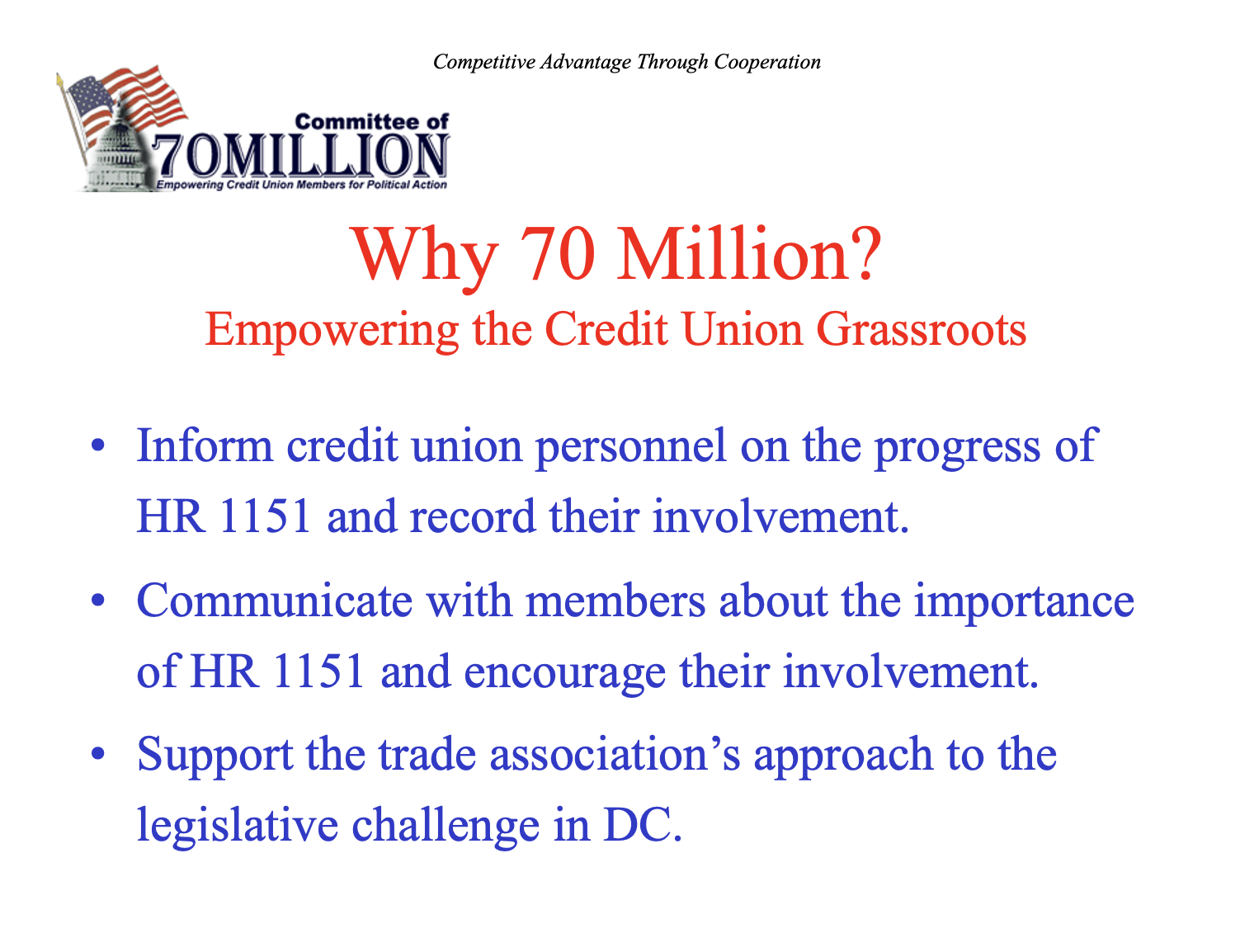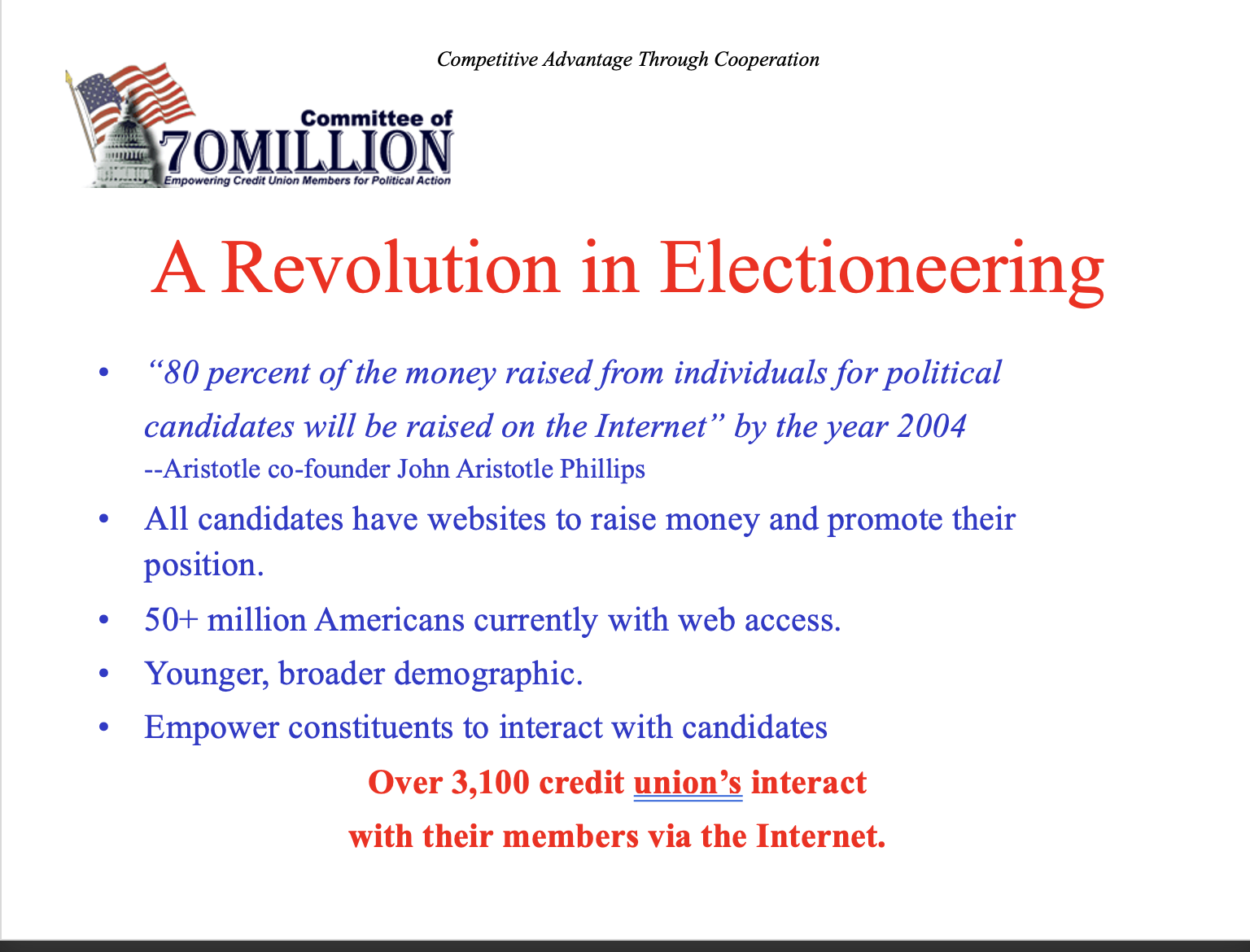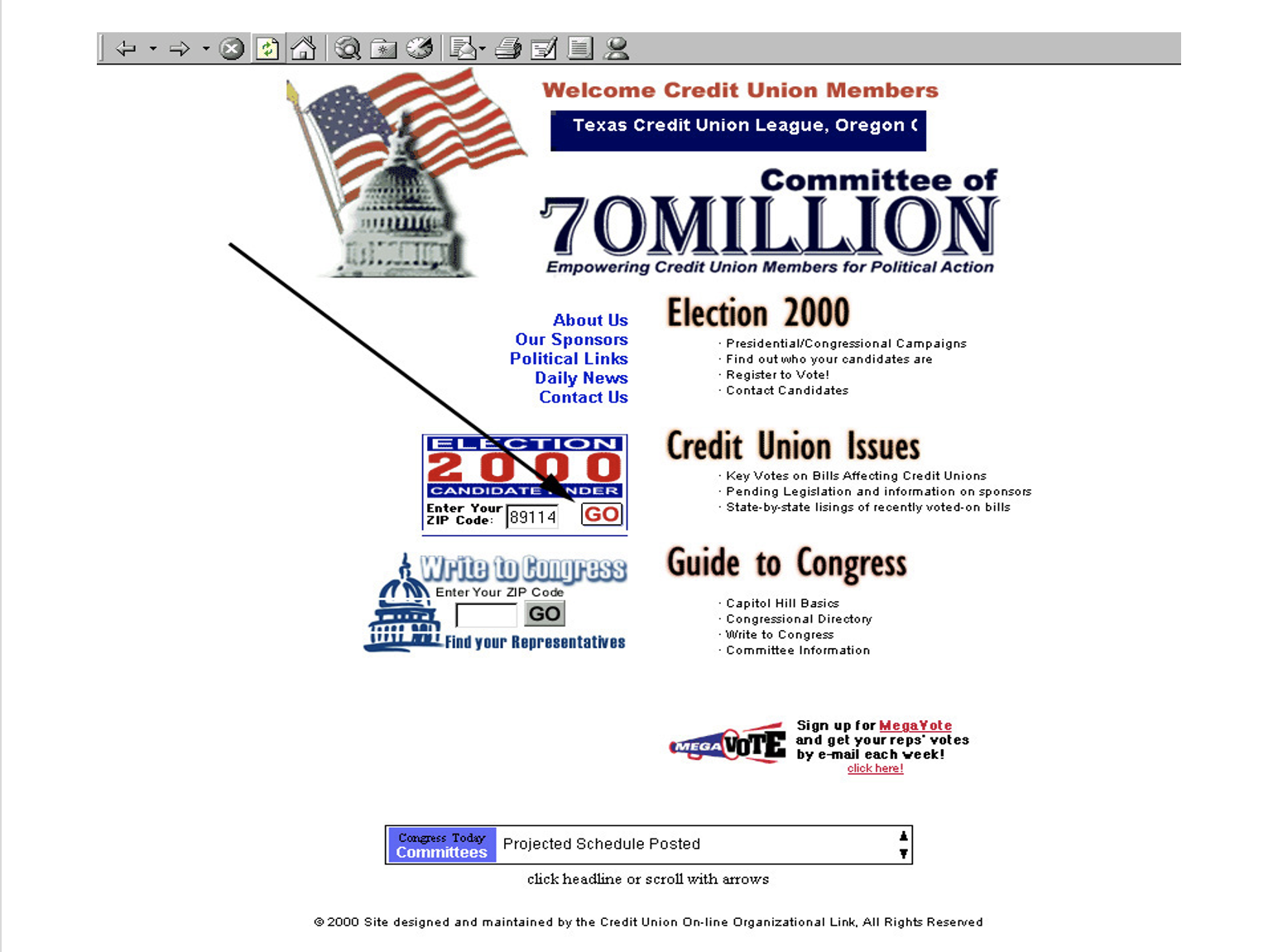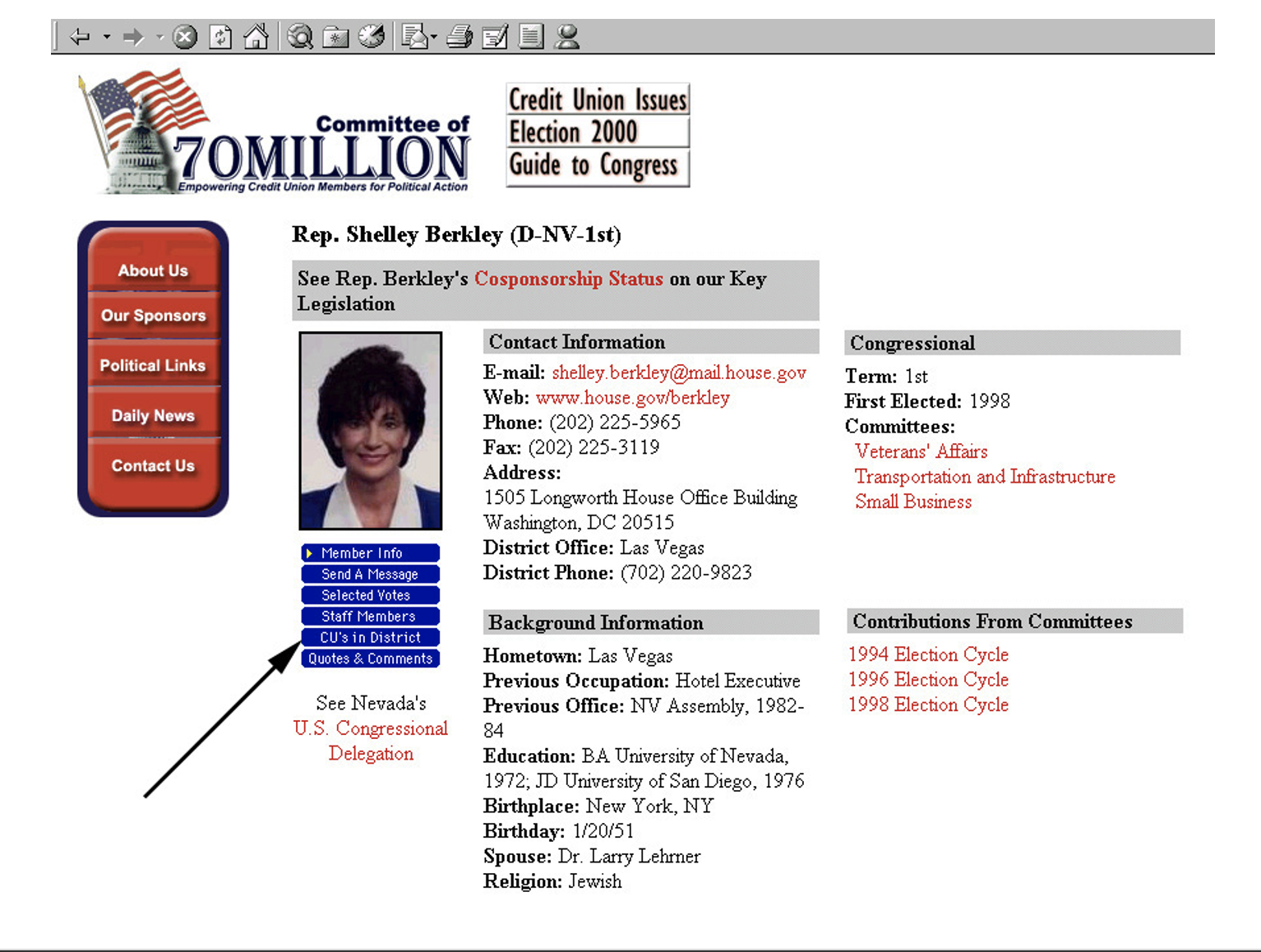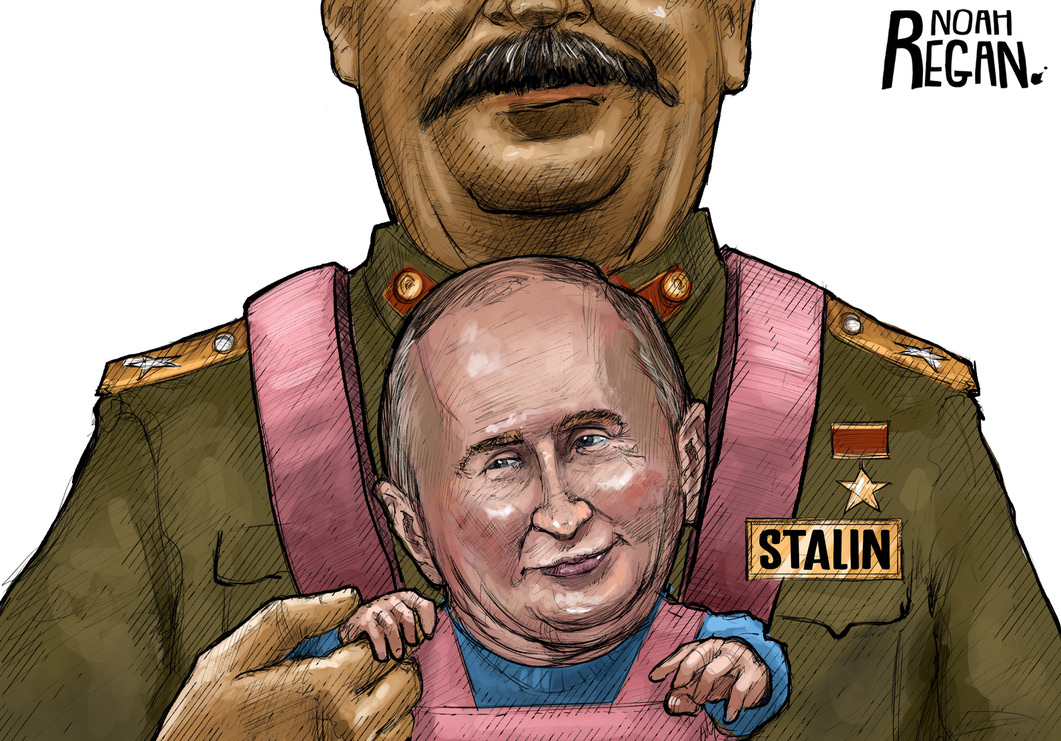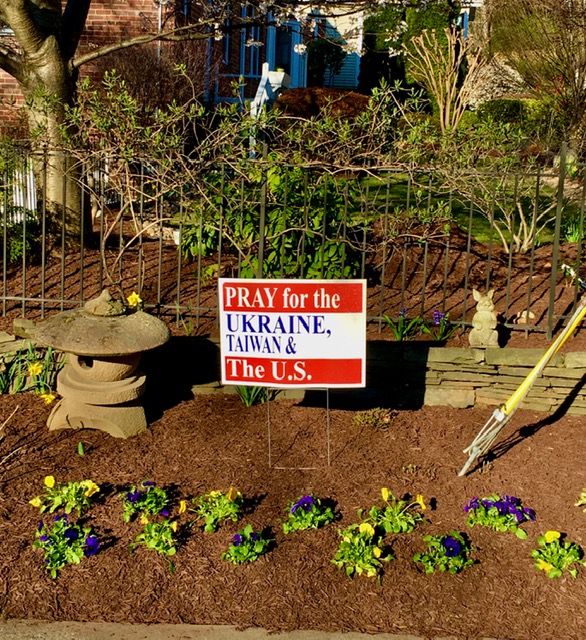All organizations and most individuals will at some point in their journey encounter a crisis. These could be threats to their livelihood or maybe existence.
It is important to remember that crises do not form character; they reveal it.
Yesterday the NCUA board met in public during grave uncertainty about the agency’s future. The board members’ response in this time of uncertainty will be for another time.
Today the President of Ukraine meets with President Trump. Zelensky has been leading his country in a war that has entered the fourth year.
This post is about the character of the people who elected him President during this battle for their freedom. And an example of American supporters.
Three Ukrainians
I want to introduce you to three Ukrainians. Here are the first two, an obstetrician and his nurse attendant in their “office” near Kiev.
They literally have their hands full with their work-in this case, twins. And an exhausted mother.
Their children’s hospital was hit by a Russian missile and destroyed last fall. So in November 2024, a group from St. John’s Episcopal Church , Chevy Chase, MD, held a fundraising dinner with St. Andrew’s Orthodox, a local Ukrainian church.
They hoped to raise funds the doctor needed to purchase a new neonatal unit for their rebuilt hospital clinic. That evening, the group of Americans contributed the entire amount. The funds were sent to Ukraine immediately. A new neonatal unit was purchased and put into use within 60 days of the dinner.
Here is the third Ukrainian I want you to meet. This photo of a current occupant of this new unit came yesterday. Ukraine’s next generation.

Amercans and Ukrainians are together working to build a better future for this new generation.
Zelensky and Trump
As context for this Presidential discussion about continuing America’s support for Ukraine, I believe two recent articles provide insight into the character of the Ukrainian people. The first is the initial two paragraphs from a longer analysis called:
Ukraine’s deep history of peacekeeping in other wars
Even in the most difficult times, Ukraine has demonstrated a willingness to help others by participating in peacekeeping missions worldwide. However, the world has delayed decisive help now that Ukraine is the one that needs peacekeeping. It is a question of justice: can countries who contribute to peacekeeping count on reciprocity when they are threatened?
Before the full-scale invasion, Ukraine was known for its peacekeeping efforts. It participated in 36 military operations, becoming the ninth largest contributing country of military personnel to UN peacekeeping missions. (click the above link for the the full article which describes these UN missions)
A Rapid Response When U.S. AID Ended
A digital-only English language news site was started in late 2021 by young Ukrainian journalist entrepreneurs, called The Kiev Independent. It is a subscription only model, publishes dozens of stories daily and relies entirely on online “member” subscriptions.
When the February 2022 Russian invasion began, it focused on daily war coverage for readers outside Ukraine.
When the January U.S. AID cutoff threatened other local Ukrainian language news outlets, the Independent asked its readers to send funds to support these smaller news sources. Here is the report about this effort of less than a week:
Feb 8, 2025 from Editor-in-Chief, Olga Rudenko
Even more good news. Last week, we launched a fundraising campaign to help out three Ukrainian newsrooms in the cities close to the front lines. They were all hit by the freeze of U.S. foreign aid and we wanted to offset some of the damage.
We aimed to raise $50,000 and ended up raising $66,000 in just three days. Over 700 people contributed — a huge thank you for that! We are now in the process of transferring the funds to the newsrooms. Each will get about $23,000, which will cover their expenses for the next couple of months. They are shocked and grateful.
These are brief but I believe representative examples of the character of the country which elected Zelensky President.
The public reports of their meeting will display two examples of leadership. One whose character and that of its people is under daily wartime attack. And one who uses threats as a standard political tactic.
The character example I prefer is that of the US-Ukrainian group that helped restore the neonatal unit of a children’s hospital near Kiev.




